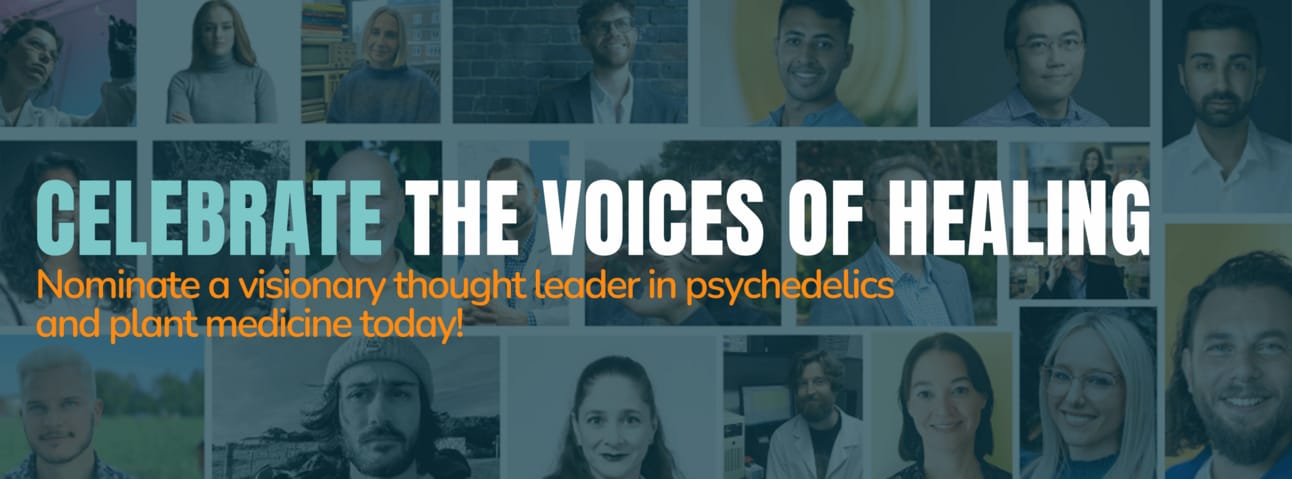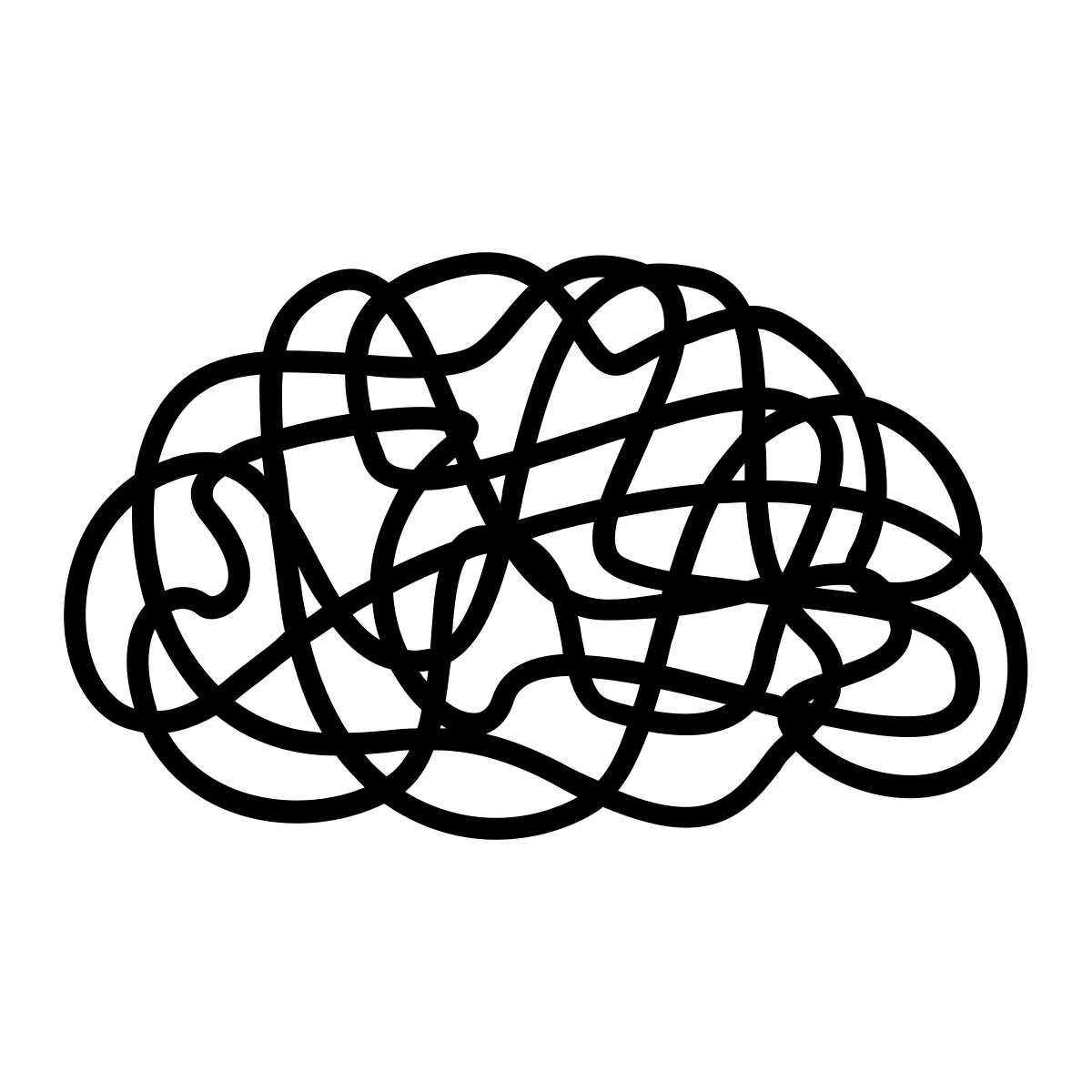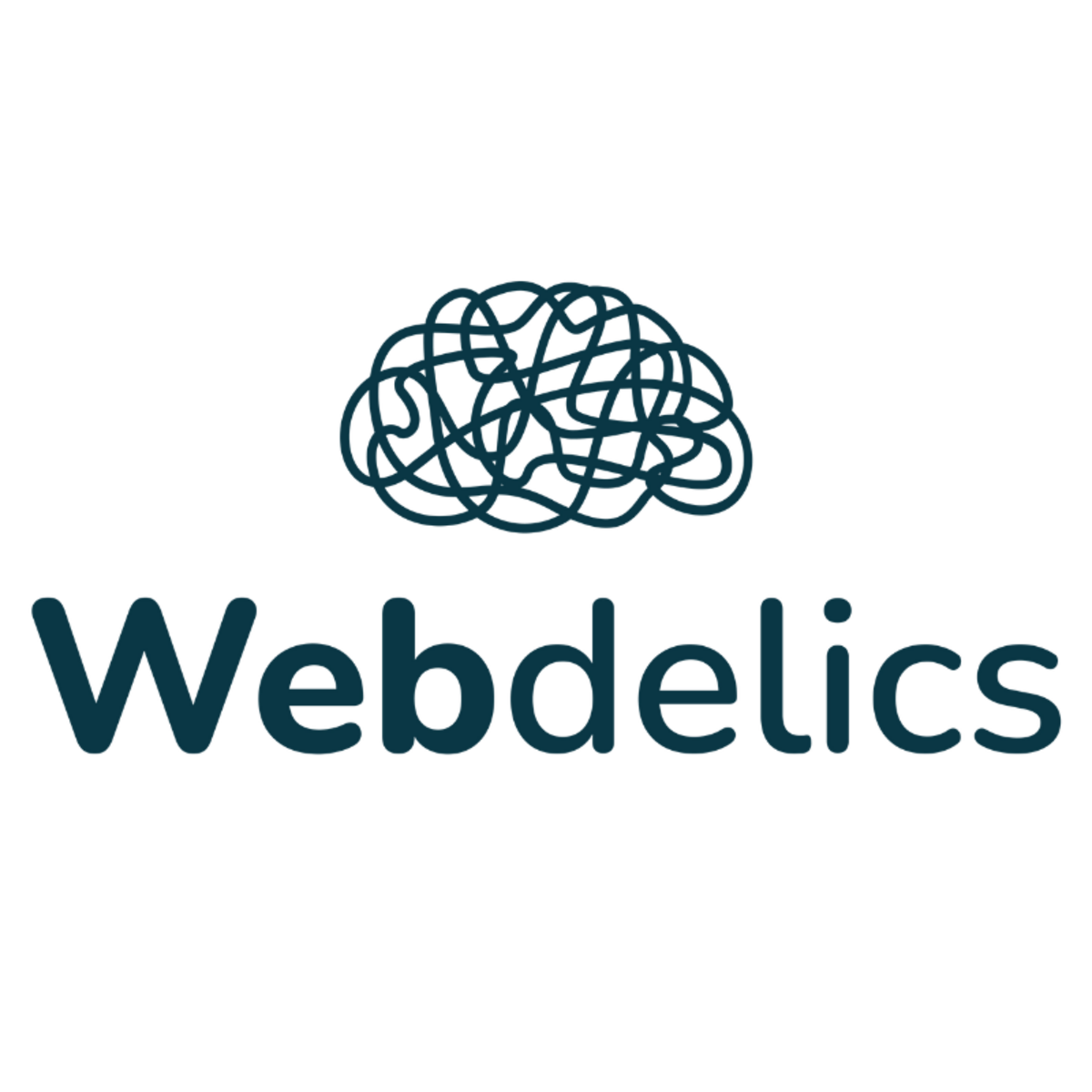
Explore the World of Plant Medicine and Psychedelics. A Weekly Digest of Exclusive Stories, Insights, and Research.


We’re excited to officially announce our upcoming publication, Top 100 Emerging Thought Leaders & Content Creators!
These visionary individuals are pushing the boundaries of knowledge, sparking global conversations, and redefining the future of their industries…
From pioneering research to thought-provoking content, they shape how we understand and engage with the world of plant medicine and psychedelics.
🌐 Follow us on social media to stay connected and explore more:
At Webdelics, our mission is to educate, inspire, and connect the global community interested in the transformative power of psychedelics.
By celebrating these pioneers, we’re moving one step closer to greater awareness, acceptance, and understanding of this vital field.
Join us in honoring the leaders who are shaping the future of psychedelics—and thank you for being part of this journey with us.
Here’s to a brighter, more connected future!
With gratitude,
🧠 The Webdelics Team

📔 Psychedelics 101: Terms Everyone Should Know
Holding Space ✨
Holding space refers to being fully present and supportive for someone going through a psychedelic experience—without judgment, interference, or trying to control the outcome.
It’s a term used in psychedelic-assisted therapy, trip sitting, and ceremonial settings.
It means offering a calm, grounding presence, especially if someone is struggling with intense emotions or visuals.
A good space-holder helps others feel safe and seen without imposing their own interpretations or advice.
Why it matters: Psychedelics can bring vulnerable, emotional, or even overwhelming experiences, and having someone who knows how to hold space can make all the difference between a healing journey and a difficult trip.

Meet The Smart Drops Featured In The New York Times
Unlock your potential with Genius – the breakthrough drop that enhances focus and mental clarity in 20 minutes or less.
Thoughtfully engineered with six plant medicines and precise microdosing, Genius increases blood flow to the brain while balancing key neurotransmitters for sustained focus without the crash.
As featured in The New York Times, this revolutionary formula delivers enhanced concentration and energy through pure plant power. Zero sugar. Zero calories. Just clear-headed excellence when you need it most.


📜 Top Article
Psilocybin Therapy & Neuroplasticity - Unlocking the Brain’s Potential for Healing Trauma
Trauma often leaves lasting marks on the brain, reinforcing rigid neural pathways that contribute to anxiety, PTSD, and emotional distress.
While traditional therapies work to mitigate these effects, new research is shedding light on an innovative approach that has the potential to rewire the brain at a fundamental level: psilocybin therapy.
This naturally occurring psychedelic compound—found in certain mushrooms—has demonstrated a profound ability to enhance neuroplasticity, the brain’s capacity to reorganize itself by forming new neural connections.
Studies from Imperial College London, Johns Hopkins University, and Yale University suggest that psilocybin-assisted therapy could be a breakthrough treatment for trauma and mental health disorders.
How, you ask? Let’s get into it…
🧠 How Psilocybin Affects the Brain
Traditional trauma therapies often focus on managing symptoms, but psilocybin takes a different approach: it appears to help the brain reorganize itself, making deep and lasting healing possible.
Research suggests psilocybin works by:
✅ Boosting Brain-Derived Neurotrophic Factor (BDNF) – a protein crucial for neuroplasticity, learning, and memory formation.
✅ Enhancing serotonin signaling, which regulates mood and emotional processing.
✅ Encouraging dendritic growth and synaptic density, effectively “rewiring” the brain’s trauma-related circuits.
A 2020 study published in Cell Reports found that psilocybin increased neuronal connections in mice, indicating its potential to promote brain regeneration.
Dr. Alex Kwan, the study’s lead researcher, explains, “It’s like rewiring old circuits in a way that allows the brain to overcome past traumatic patterns.”
For individuals struggling with PTSD and complex trauma, this could mean reducing fear-based responses, allowing them to process distressing memories without being overwhelmed by them.
❤🩹 Scientific Evidence - Psilocybin as a Tool for Trauma Recovery
The impact of psilocybin on neuroplasticity is not just theoretical—rigorous clinical trials support it.
🔬 Imperial College London Study: Participants with treatment-resistant depression who underwent psilocybin-assisted therapy reported increased emotional openness and cognitive flexibility—key signs of neuroplasticity.
Many described feeling a sense of detachment from past traumatic events, allowing them to reframe their experiences without fear or distress.
🔬 Johns Hopkins University Study (2021): A study focusing on PTSD showed that psilocybin therapy led to a significant reduction in trauma-related symptoms.
One participant noted, “After my session, I felt like I was finally free. My memories were still there, but they didn’t control me anymore.”
Patients reported feeling more emotionally resilient and capable of addressing past trauma without re-traumatization.
💫 Why Neuroplasticity Matters in Trauma Therapy
Trauma creates deep-seated neural patterns that reinforce hypervigilance, emotional dysregulation, and chronic stress responses…
Many conventional therapies attempt to work around these entrenched circuits, but psilocybin may offer something revolutionary:
✅ A way to reset these trauma-based networks, creating new, healthier thought patterns.
✅ A means of reducing fear-driven responses, helping individuals reprocess memories without the intense emotional charge.
✅ A catalyst for accelerated healing, offering relief in weeks instead of years.
One participant in a clinical trial described the transformation: “I had been in therapy for years, but my trauma always felt like a weight I couldn’t lift. After psilocybin therapy, I felt a sense of relief I’d never experienced before.”
…And while these results are exciting, they should always be taken into context, and safe practices should always be utilized in a psychedelic-assisted therapy session with a trained provider.
🔎 The Future of Psychedelic Therapy
While psilocybin therapy is still undergoing research and regulatory review, early results indicate it could reshape mental health treatment.
By leveraging the brain’s natural ability to heal and rewire itself, this therapy may offer a lifeline for those who have struggled with trauma for years.
As more clinical trials validate its effectiveness, psilocybin-assisted therapy could soon become a mainstream adjunct to traditional mental health care, offering sustainable, long-term healing instead of temporary symptom management.
💡 Ushering In A New Era in Mental Health Treatment
Unlike conventional therapies that focus on coping strategies, psilocybin therapy may provide a way to heal trauma at its root.
By enhancing neuroplasticity, psilocybin allows the brain to form new, healthier pathways, empowering individuals to reclaim their lives.
As scientific research progresses, the integration of psychedelics into mainstream mental health care may revolutionize how we approach trauma, PTSD, and emotional resilience.
📢 Interested in the latest research on psychedelics and mental health?
Stay informed by visiting our website at Webdelics.com!

🎉 Top Weekly Blog!
Our Top Psychedelic and Plant Medicine Blog from Webdelics
The Webdelics website has over 160+ evidence-based, research-backed blogs that were intentionally written to give you the facts, not just our opinions.
📚 Here is this week’s top blog on our site, rated by our readers:
💥 Music has been changing minds for centuries, so of course, it will play a pivotal role in healing during a psychedelic journey…
👉 Check this new article out and let us know what you think!

💬 We will leave you with this…
Louis Pasteur elegantly stated, “There are no such things as applied sciences, only applications of science.”
Challenging our beliefs and knowledge is essential for finding the truth, especially in a crowded space like plant medicine and psychedelics.
Until next time…




